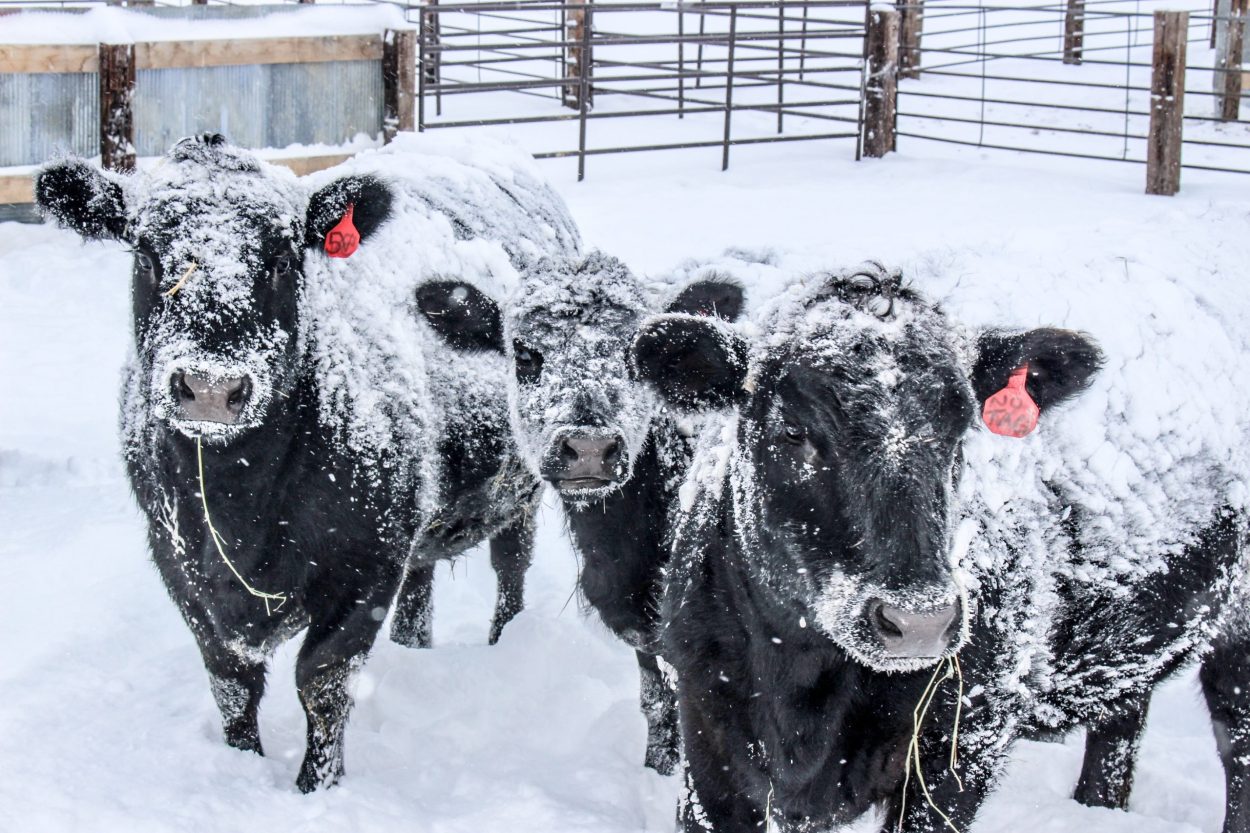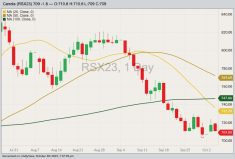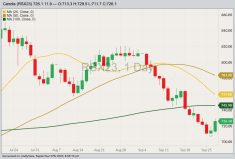CNS Canada –– The scandal gripping German automaker Volkswagen and its diesel-powered passenger cars could ultimately result in a glut of diesel coming onto the market, according to a fuel analyst.
“I don’t think anybody sees diesel going away forever, but from a passenger vehicle (viewpoint) we really need to get more evidence. Is this widespread or just a VW problem?” said Phil Flynn of Price Futures Group in Chicago.
It’s still too early to say whether farmers, much of whose machinery runs on diesel, will be able to profit from the situation by paying lower prices at the pump, he said, but he stressed the problem facing the diesel sector is a serious one.
Read Also

Klassen: Strong demand underpins Western Canadian feeder market
For the week ending February 28, Western Canadian feeder cattle markets were unchanged from seven days earlier. Calves may have…
It was just days ago when the first reports surfaced that Volkswagen had been caught using an advanced algorithm to trick emissions testers into thinking its diesel-powered passenger vehicles were adhering to emissions guidelines.
In fact, the vehicles were spewing as much as 35 times the allowable toxins into the atmosphere.
The U.S. Environmental Protection Agency (EPA) issued a notice of violation to VW on Sept. 18, and Environment Canada announced Tuesday it will run its own investigation.
The question now, Flynn said, is whether the technology exists to get diesel-powered cars under the emissions targets the public is demanding.
“If they can’t meet those targets there’s going to be more reliance on gas vehicles,” he said, adding that in theory, less demand should drive the price of diesel lower.
Flynn doesn’t see less diesel being produced, noting much of it is created at refineries when they are brewing gasoline.
“I don’t think we’re going to create shortages because there’s less demand; if anything it will be bearish for prices relative to the other commodities.”
Environment Canada said about 100,000 Volkswagen and Audi four-cylinder diesel cars of the model years 2009 to 2015 have been sold in Canada.
Much of the transportation industry relies on diesel too, Flynn added. “You still are going to have the heavy trucks that are still going to be demanding diesel.”
Whatever the case, he said, vehicle companies are probably going to have a tougher time meeting U.S. Environmental Protection Agency (EPA) requirements, as the present scandal has evolved into a political problem that will likely usher in a “crackdown” on compliance.
“I think for the long term this is going to hurt diesel unless they can rebound and prove the technology is as good as they say.”
— Dave Sims writes for Commodity News Service Canada, a Winnipeg company specializing in grain and commodity market reporting.
















